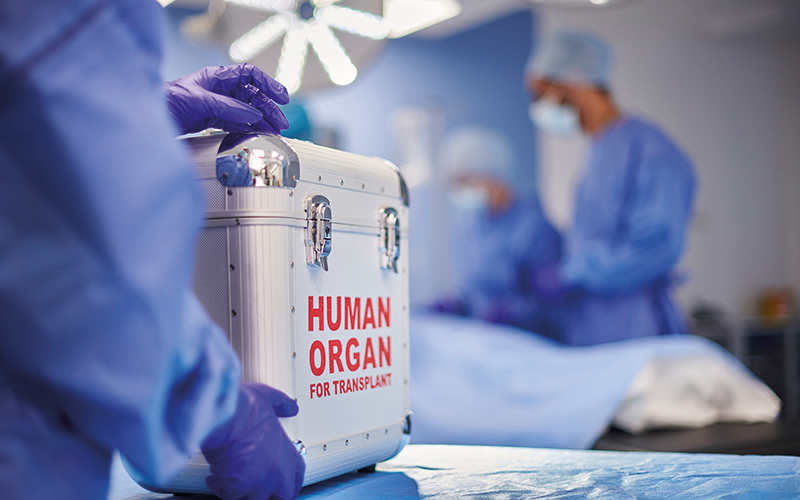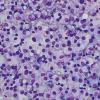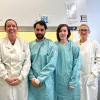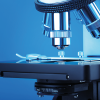This month's top news in brief stories

Cytopathology
New cervical cancer test
Researchers at Karolinska Institutet in Sweden and the University of Innsbruck in Austria have developed a simpler and more effective screening method for cervical cancer than the method used today. A new study shows that the test detects significantly more cancers and precancerous stages. The new molecular test, WID-qCIN, can automatically analyse epigenetic changes in cells, i.e. changes that affect which genes are active and which are not. These changes are influenced by factors such as environment, lifestyle and ageing, and can increase the risk of cancer and other diseases.
Autoimmune diseases
New insights into
T and B cells Scientists should focus on the interactions between T and B cells to find better treatments for autoimmune disorders, such as rheumatoid arthritis, according to a new study from the University of Surrey. Systems biology researchers have found that our metabolism could play an outsized role in the delicate balancing act between T and B cells, leading to autoimmune diseases. The study also found evidence that changes in metabolism caused by ageing add further risks.
Dr Matteo Barberis, lead author of the study from the School of Biosciences, said: “We can find more effective treatments by understanding how these cells interact to change their behaviour due to shifts in our body’s energy processing.”
Research
Kidney donor shortage
Researchers from Johns Hopkins Medicine propose a novel approach to addressing the pressing issue of a kidney donor shortage. Their research findings suggest a promising method to expand the pool of available kidney donors by utilising deceased donors on dialysis for kidney transplants. The findings, published in JAMA, identify that while those who received such kidneys experienced a “significant delay” in the function of the transplanted organ compared to those whose donors did not have dialysis, there was no significant difference in rates of transplant failure or death.




